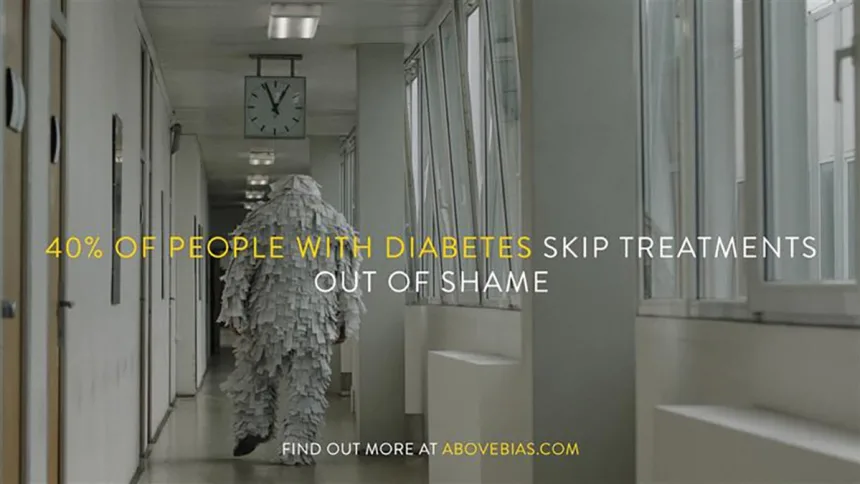February 2025- ‘One cupcake won’t kill you,’ ‘I’m going to get diabetes just looking at that,’ ‘That person doesn’t look like they have diabetes.’ New survey results and a film released by Abbott highlight how everyday comments like these may affect people living with diabetes.
People living with diabetes- which now includes 1 in 6 adults in America – face many barriers to receiving care. Survey data reveal that the misconceptions and stereotypes around the condition can weigh heavily on the minds of those living with diabetes, creating one more barrier and potentially preventing them from managing their health.
“How many times have we heard ‘That looks like diabetes on a plate’ when we’re watching a movie, eating at a restaurant or scrolling through social media?,” said Dr. Susan Guzman, Behavioral Diabetes Institute co-founder, clinical psychologist, and diabetes specialist. “After more than two decades of research and working with people managing diabetes, I can tell you that misconceptions around diabetes take a real toll on people. If we want to help people have healthier lives, we have to recognize where and how bias around diabetes exists and promote a compassionate and fact-based understanding of diabetes.”
Also Read : Could Dark Chocolate Lower Diabetes Risk?
Data from a survey of more than 2,600 people living with diabetes across eight countries, including the U.S., highlights they may not be getting the care they need due to the shame and stigma around their condition, which can lead to real and often unnoticed health consequences:
- Diabetes Stigma is an Issue: Nearly 70% believe there is stigma associated with their condition.
- Diabetes as a Punchline: 85% of people living with diabetes say they have seen inaccuracies about diabetes in the media, including on TV shows, movies, and social media, and 40% of people felt that diabetes is often used as the punchline of a joke.
- Shame Causes Silence: Almost 25% have avoided sharing their diagnosis with family or friends out of embarrassment or concern.
- Health Consequences: 40% have skipped or missed a doctor’s appointment due to shame or stigma.

















